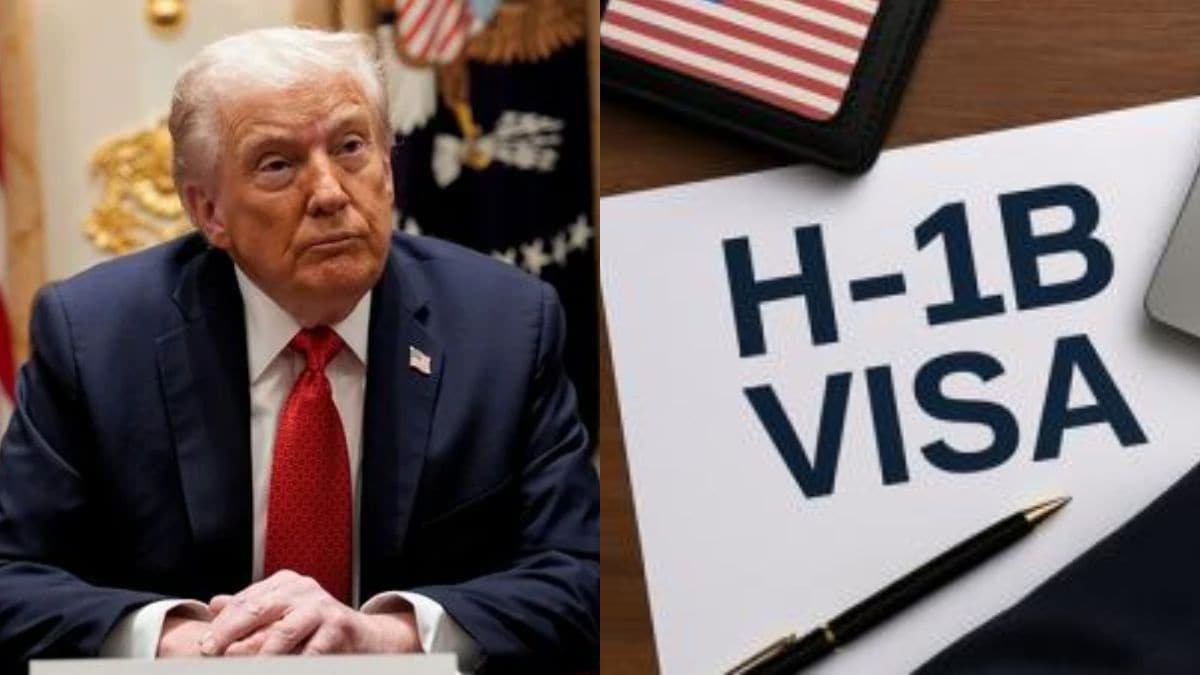Bipartisan Lawmakers Challenge Trump's $100K H-1B Visa Fee
The proposed $100,000 H-1B fee represents a significant financial barrier for employers, especially startups and small businesses, potentially impacting US innovation and global competitiveness.
Subscribe to our newsletter and stay informed about latest H1B news, policy updates and and other developments.
Article Summary
Bipartisan lawmakers have urged President Trump to withdraw a recently announced $100,000 fee on new H-1B visa applications. They warn the fee, introduced by the Trump administration for non-US based applicants, could harm innovation, burden startups, and drive talent abroad. The policy has also faced legal opposition, including a lawsuit from the US Chamber of Commerce.
Original Article: financialexpress.com
[ Sentiment: negative | Tone: factual ]
This summary and analysis were generated by TheNewsPublisher's editorial AI. This content is for informational purposes only; it does not constitute legal or immigration advice.
[ Sentiment: negative | Tone: factual ]
This summary and analysis were generated by TheNewsPublisher's editorial AI. This content is for informational purposes only; it does not constitute legal or immigration advice.
TNP AI: Key Insights
The proposed $100,000 fee for new H-1B petitions, specifically targeting workers outside the U.S., would dramatically increase the cost of hiring international talent. This directly impacts tech startups and small businesses, potentially stifling innovation and forcing them to look abroad or forgo critical skilled workers, thereby undermining the U.S. position in global talent acquisition.
This fee proposal is part of a broader trend of increasing H-1B costs and restrictions under various administrations, building on previous efforts to limit the program and prioritize domestic workers. While other countries like Canada and the UK are actively streamlining skilled worker visas, the U.S. risks losing its competitive edge by imposing such prohibitive financial burdens, which will likely intensify ongoing legal and political battles over immigration policy.





